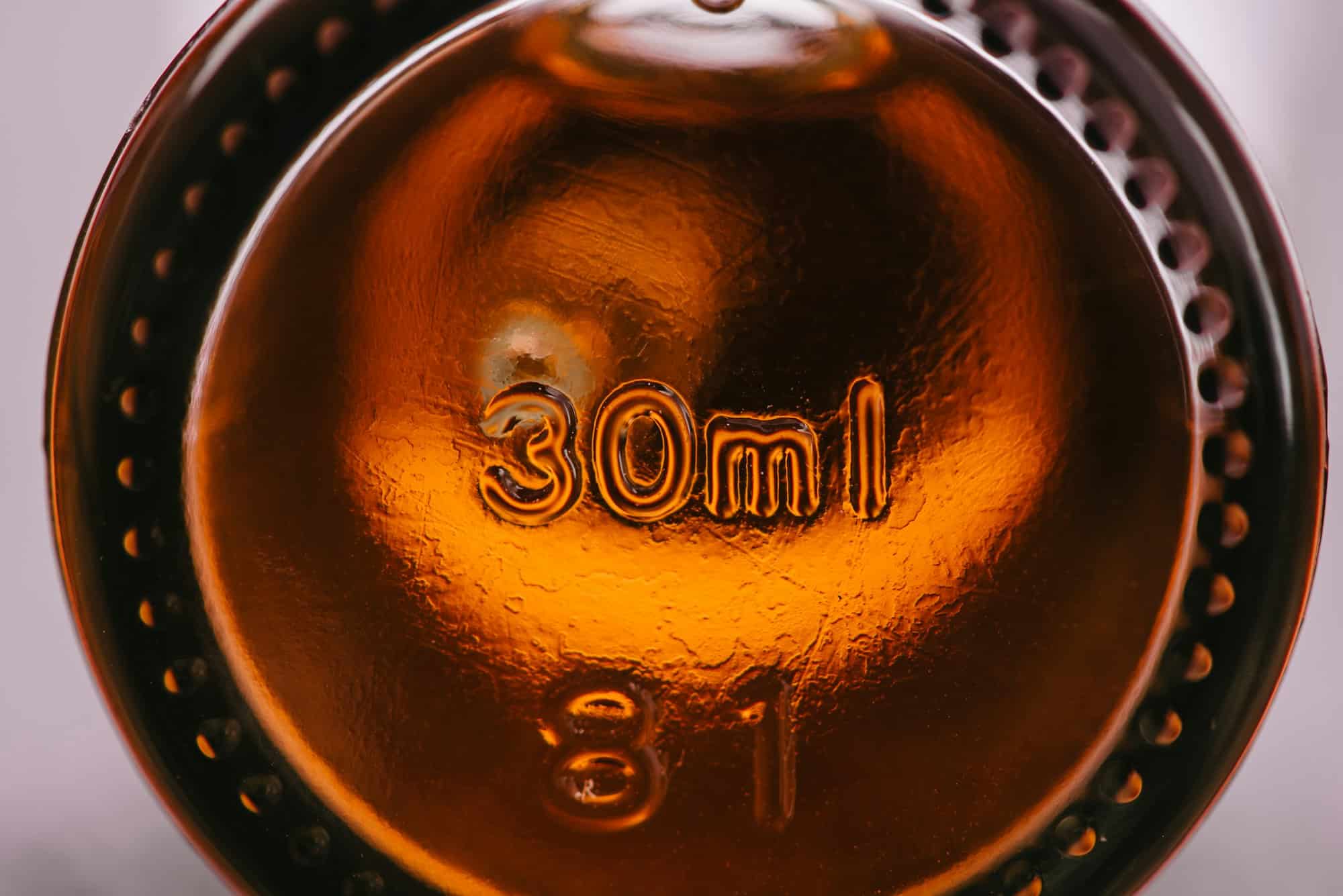What Are the Neuroprotective Effects of Dark Chocolate Consumption in Elderly Individuals?

Indulging in a piece of dark chocolate is not just a guilty pleasure. It’s also a health-conscious choice. As chocolate lovers would agree, biting into a bittersweet piece of cocoa-rich dark chocolate is a delightful experience. But did you know that your rich, dark dessert might also be enhancing your cognitive function?
In recent years, scientific evidence available on PubMed, Google Scholar, and Crossref suggests that dark chocolate, a food product rich in flavanols, is associated with several health benefits. One of the most significant findings relates to the potential neuroprotective effects of dark chocolate on adults, particularly among the elderly population.
In the same genre : Can Home-Based High-Intensity Interval Training (HIIT) Improve Cardiovascular Fitness?
Dark Chocolate: A Flavanol-Rich Food Product
Dark chocolate is not your average sugary treat. It is a food product that is rich in flavanols, particularly cocoa flavanols. This is attained through the high concentration of cocoa seeds, which are naturally abundant in these powerful plant-based nutrients.
Flavanols are phytonutrients found in various foods such as tea, wine, fruits, and cocoa. They are known for their strong antioxidant properties that can help counter the effects of damaging free radicals in the body. They also play a role in heart health by helping to improve blood flow and lower blood pressure.
Also read : Are Prenatal Yoga Practices Effective in Reducing Anxiety and Preparing for Childbirth?
Several studies available through Pubmed and Google Scholar databases have suggested that flavanols can improve cognitive function in adults. However, the majority of these studies have focused on the effects of pure flavanol supplements rather than flavanol-rich foods like dark chocolate. This has led to an increased interest in the potential cognitive benefits of dietary flavanols, particularly from dark chocolate.
Dark Chocolate Consumption and Cognitive Function in Adults
The link between diet and brain health is a growing field of study. Consumption of certain foods, such as those rich in flavanols, has been associated with improved cognitive function.
A 2017 study published in the scientific journal Nutr found that higher intake of flavanol-rich food and drinks, such as dark chocolate, was associated with improved cognitive performance in elderly individuals. The study also suggested that dietary flavanols might help to maintain cognitive health as individuals age.
Another study, found through a Crossref search, found that regular consumption of dark chocolate was associated with cognitive benefits in adults, including improvements in visual information processing, working memory, and attention.
Why are Flavanols in Dark Chocolate Good for Brain Health?
The cognitive benefits associated with the consumption of dark chocolate are believed to be largely due to the presence of flavanols. But how exactly do these compounds benefit the brain?
Research suggests that flavanols have several actions in the body that could contribute to their cognitive benefits. They are known to have anti-inflammatory and antioxidant effects, which can help to protect the brain from damage.
Flavanols can also improve blood flow to the brain. A 2018 study available on Google Scholar showed that the consumption of flavanol-rich dark chocolate increased blood flow to the brain in healthy adults. This increase in blood flow could potentially improve cognitive function by delivering more oxygen and nutrients to the brain.
Furthermore, flavanols are thought to interact with the brain’s structure and function in ways that could enhance cognitive abilities. For example, they may aid in the growth of neurons and improve connections between neurons, processes that are crucial for learning and memory.
The Role of Dark Chocolate in the Elderly Diet
Elderly individuals are particularly vulnerable to cognitive decline, which is why foods that protect the brain and enhance cognition could be beneficial in this population.
Research available on PubMed suggests that a moderate intake of dark chocolate could be a practical and enjoyable way to help boost cognitive function in the elderly. This is not a call to replace healthy fruits and vegetables with chocolate. However, incorporating a small, daily serving of dark chocolate into a balanced and nutritious diet could potentially offer cognitive benefits.
It’s always important to remember that while dark chocolate has potential health benefits, it’s also high in calories and should be eaten in moderation. As research continues to unfold, it’s exciting to think that something as delicious as dark chocolate could also be a tool for maintaining a sharp and healthy brain in our golden years.
The Importance of Flavanol Consumption and Dosage
The consumption of flavanols, particularly through food products like dark chocolate, may not only offer cognitive benefits but also contribute to overall health and well-being. However, it’s essential to pay attention to the amount of flavanol intake.
Studies available on Google Scholar, Crossref, and PubMed have shown that the quantity of flavanols consumed can significantly affect their benefits. According to a study published in the journal Nutr, a certain level of flavanol intake is necessary to observe measurable benefits in cognitive performance.
In the context of dark chocolate consumption, it’s critical to consider the actual flavanol content. Not all dark chocolate products have the same flavanol levels. The degree of processing, type of cocoa bean, and preparation techniques can greatly influence the final flavanol content.
While the exact amount of flavanols needed for optimal health benefits is still under investigation, it’s generally agreed that moderate consumption is beneficial. One study found on Crossref and PubMed suggested a daily intake of 200 mg of cocoa flavanols could improve cognitive function in elderly individuals. This translates to about 10 grams of high-flavanol dark chocolate daily.
However, it’s also important to note that while beneficial, excessive dark chocolate consumption should be avoided due to its high calorie content. Therefore, incorporating dark chocolate into a balanced diet in a responsible way, while keeping an eye on the flavanol content, can offer the potential cognitive benefits without contributing to weight gain.
Conclusion: The Neuroprotective Power of Dark Chocolate
The potential neuroprotective effects of dark chocolate consumption have garnered much attention in recent years, particularly for their potential benefits to the elderly population. Flavanols, the powerful plant-based nutrients found in cocoa, have been extensively studied for their cognitive benefits. They have shown promise in improving cognitive performance, enhancing memory, and promoting overall brain health.
Regular consumption of flavanol-rich dark chocolate has been linked to improved cognitive function in multiple studies found via Google Scholar, Crossref, and PubMed. These benefits are believed to be due to flavanols’ antioxidant and anti-inflammatory properties, their ability to improve blood flow and blood pressure, and their interaction with the brain’s structure and function.
While these findings are promising, it’s important to remember that moderation is key. Dark chocolate, albeit nutritious, is also high in calories. Therefore, it should be consumed in moderation and as part of a balanced diet.
In conclusion, while we indulge in our love for dark chocolate, it’s reassuring to know that this delicious treat doesn’t just satisfy our sweet tooth but might also contribute to keeping our brains sharp. The power of dark chocolate extends beyond its rich taste, offering a blend of neuroprotective benefits that make it a worthy addition to our daily diet – particularly in our golden years.
